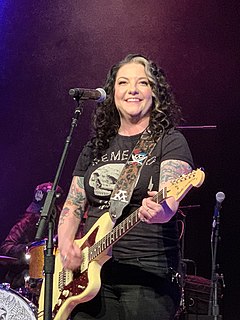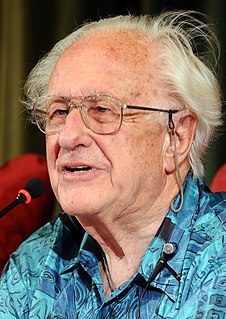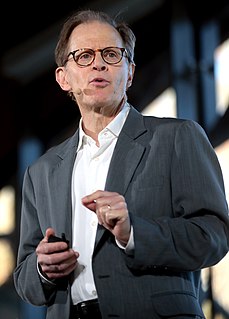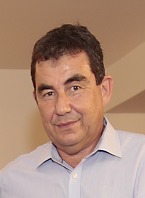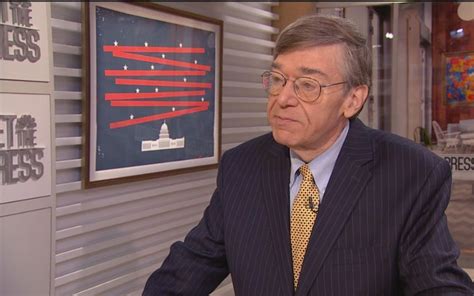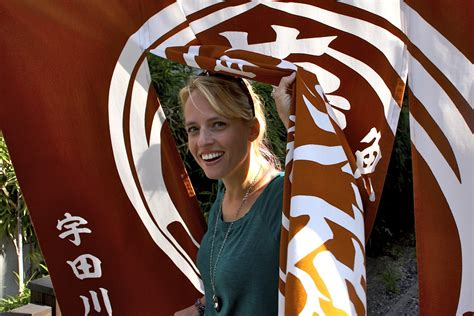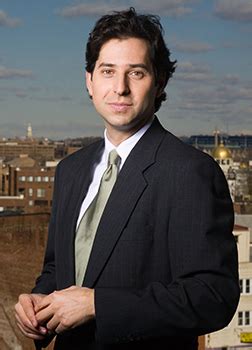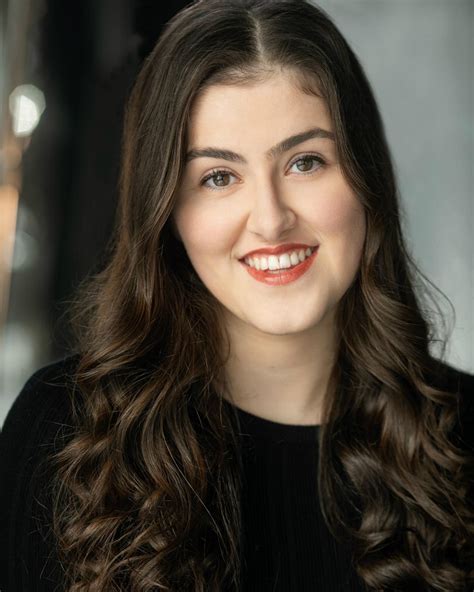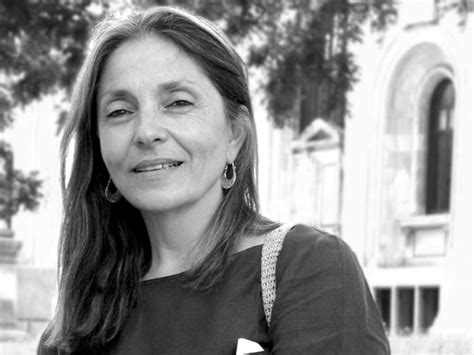A Quote by Sue Johnson
When love doesn't work, we hurt. Indeed, “hurt feelings” is a precisely accurate phrase, according to psychologist Naomi Eisenberger of the University of California. Her brain imaging studies show that rejection and exclusion trigger the same circuits in the same part of the brain, the anterior cingulate, as physical pain.
Related Quotes
The very same brain centers that interpret and feel physical pain also become activated during experiences of emotional rejection. In brain scans, they light up in response to social ostracism, just as they would when triggered by physically harmful stimuli. When people speak of feeling hurt or of having emotional pain, they are not being abstract or poetic, but scientifically quite precise.
There is no they, only us. We are part of a large fellowship called the human race. We all hurt the same. We all love the same. We all bleed the same. We all need understanding and care. We can't separate ourselves from one another. We are all part of the same vast sea of love, one indivisible divine mind.
The anterior cingulate fires up as the end result of a series of events. First, estrogen levels fall. Meanwhile, serotonin, the feel-good neurotransmitter, also decreases. The deficiency in serotonin causes the anterior cingulate gyrus to fire up. To make things worse, just about this time the PFC tends to quiet down, which is why women may have a hard time focusing and controlling impulses. So we see emotional difficulties, intensified feelings of sadness, and disturbed sleep.
I was talking to my friend and he said his girlfriend was mad at him. I said, "What happened?" He goes: "Well, I guess I, uh... I guess I said something, and, uh... and then she got her feelings hurt." That's a weird way to phrase it: "She got her feelings hurt. I said something, and then she..." Could you more remove yourself from responsibility? "She got her feelings hurt." It's like saying, "Yeah, I shot this guy in the face, and then I guess he got himself murdered. I don't know what happened. He leaned into it."
The brain of a person in love will show activity in the amygdala, which is associated with gut feelings, and in the nucleus accumbens, an area associated with rewarding stimuli that tends to be active in drug abusers. Or, to recap: the brain of a person in love doesn't look like the brain of someone overcome by deep emotion. It looks like the brain of a person who's been snorting coke.
Love songs are all about how I'll move a mountain for you and I'll never hurt your feelings. I've never been given a mountain, and if you love me, you should hurt my feelings sometimes. If I walk outside looking ugly in that shirt, you don't love me if you don't hurt my feelings a little bit and tell me.
We hurt each other, is the point. Hurt, annoy, embarrass, but move on. People, it just doesn't work that way. Your own feelings get so complicated that you forget the ways another human being can be vulnerable. You spend a lot of energy protecting yourself. All those layers and motivations and feelings. You get hurt, you stay hurt sometimes. The hurt affects your ability to go forward. And words. All the words between us. Words can be permanent. Certain ones are impossible to forgive.
We now know that the way to help a child develop optimally is to help create connections in her brain—her whole brain—that develop skills that lead to better relationships, better mental health, and more meaningful lives. You could call it brain sculpting, or brain nourishing, or brain building. Whatever phrase you prefer, the point is crucial, and thrilling: as a result of the words we use and the actions we take, children’s brains will actually change, and be built, as they undergo new experiences.
Autism is a neurological disorder. It's not caused by bad parenting. It's caused by, you know, abnormal development in the brain. The emotional circuits in the brain are abnormal. And there also are differences in the white matter, which is the brain's computer cables that hook up the different brain departments.
Solidarity does not assume that our struggles are the same struggles, or that our pain is the same pain, or that our hope is for the same future. Solidarity involves commitment, and work, as well as the recognition that even if we do not have the same feelings, or the same lives, or the same bodies, we do live on common ground.
Since functional brain imaging first emerged, we have learned that there aren't very many brain regions uniquely responsible for specific tasks; most complex tasks engage many if not all of the brain's major networks. So it is fairly hard to make general psychological inferences just from brain data.
Neuroscientists talk a lot about brain circuits. In fact, the word 'circuit' is probably misleading. We do not know where most circuits begin and end. And unlike an electrical circuit, brain connections are heavily reciprocal and recursive, so that a direction of information flow can be inferred but sometimes not proven.







